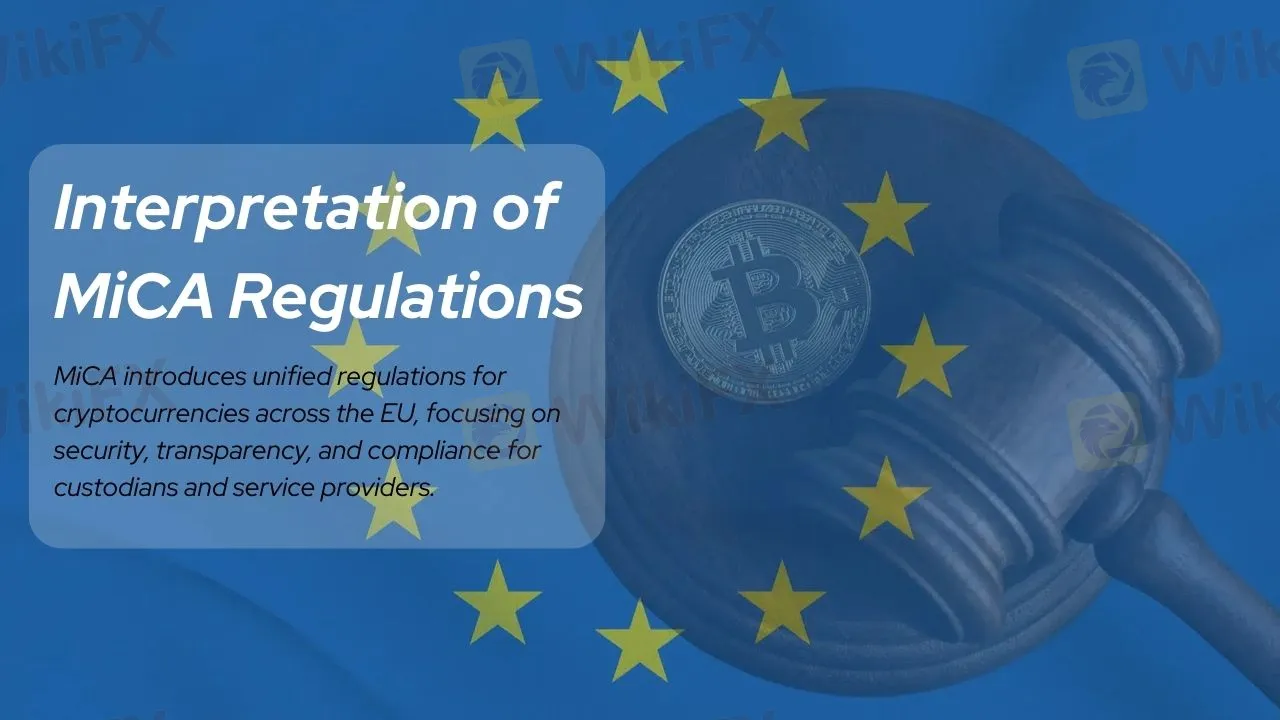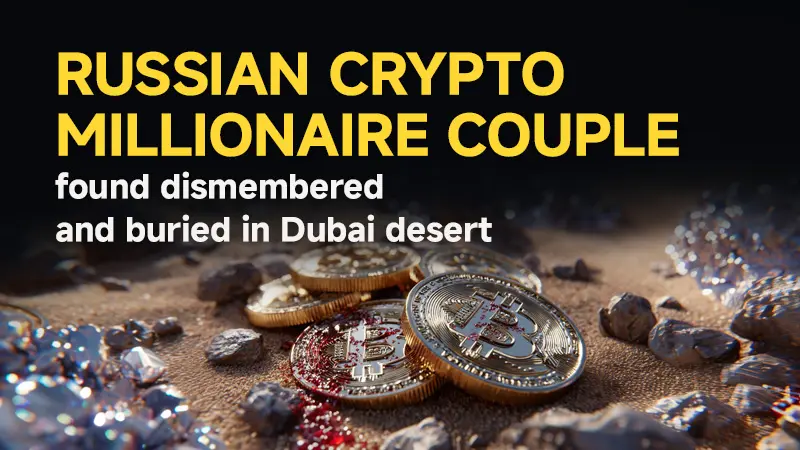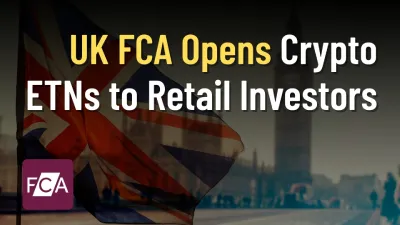Abstract:The Markets in Crypto-Assets Regulation (MiCA) aims to harmonize cryptocurrency regulations across the European Union, providing legal certainty for issuers and service providers. It establishes a framework to regulate cryptocurrencies, stablecoins, and other digital assets while defining the rights and obligations of virtual asset custodians. These custodians are tasked with safeguarding and managing digital assets on behalf of clients and are now subject to stringent regulatory requirements to ensure security, transparency, and compliance.

Timeline and Key Definitions
MiCA was proposed by the European Commission in 2020 and came into force on June 30, 2023. Not all rules became effective immediately; regulations for stablecoin issuers took effect on June 30, 2024, with additional provisions applied starting December 30, 2024. During this transitional period, crypto asset service providers operating before December 30, 2024, can continue their services until July 1, 2026, by which time they must obtain proper licenses.
MiCA also introduces critical definitions, such as:
- Crypto Asset: A digital representation of value or rights, transferable and storable via distributed ledger technology.
- Asset-Referenced Token: A crypto asset maintaining value stability by referencing another value, such as fiat currency or a basket of assets.
- Crypto Asset Service Provider (CASP): Legal entities authorized under Article 59 to provide crypto asset services, including custody, trading, and advisory services.
Custodianship and Compliance
MiCA represents a significant shift for virtual asset custodians, mandating stricter obligations to enhance transparency and security. Custodians must maintain separate accounts for client assets, establish robust custody procedures, and adopt detailed agreements outlining responsibilities and safety measures. Importantly, custodians are now explicitly liable for asset losses or lost access keys, increasing accountability for security breaches or operational failures.
Custodians must comply with several regulatory requirements, including:
- Governance: Establish effective management systems, ensure personnel qualifications, and adopt robust ICT systems for business continuity.
- Capital Requirements: Maintain minimum capital of €125,000 or one-fourth of the previous years fixed overhead costs.
- Conflict of Interest Disclosures: Provide detailed conflict disclosures on their websites, ensuring transparency for clients.
- Custody Agreements: Define the scope of services, communication methods, and safety systems in written agreements with clients.
- Custody Policies: Develop policies to minimize risks related to asset loss, fraud, or cybersecurity threats.
Conclusion
MiCA establishes a structured regulatory environment, emphasizing security, transparency, and compliance across the EU‘s crypto industry. While the stricter requirements present challenges for custodians, they also create opportunities for those who adapt and innovate. The regulation’s full impact is becoming clearer, and it is expected to inspire further enhancements to address gaps and ensure market stability.








